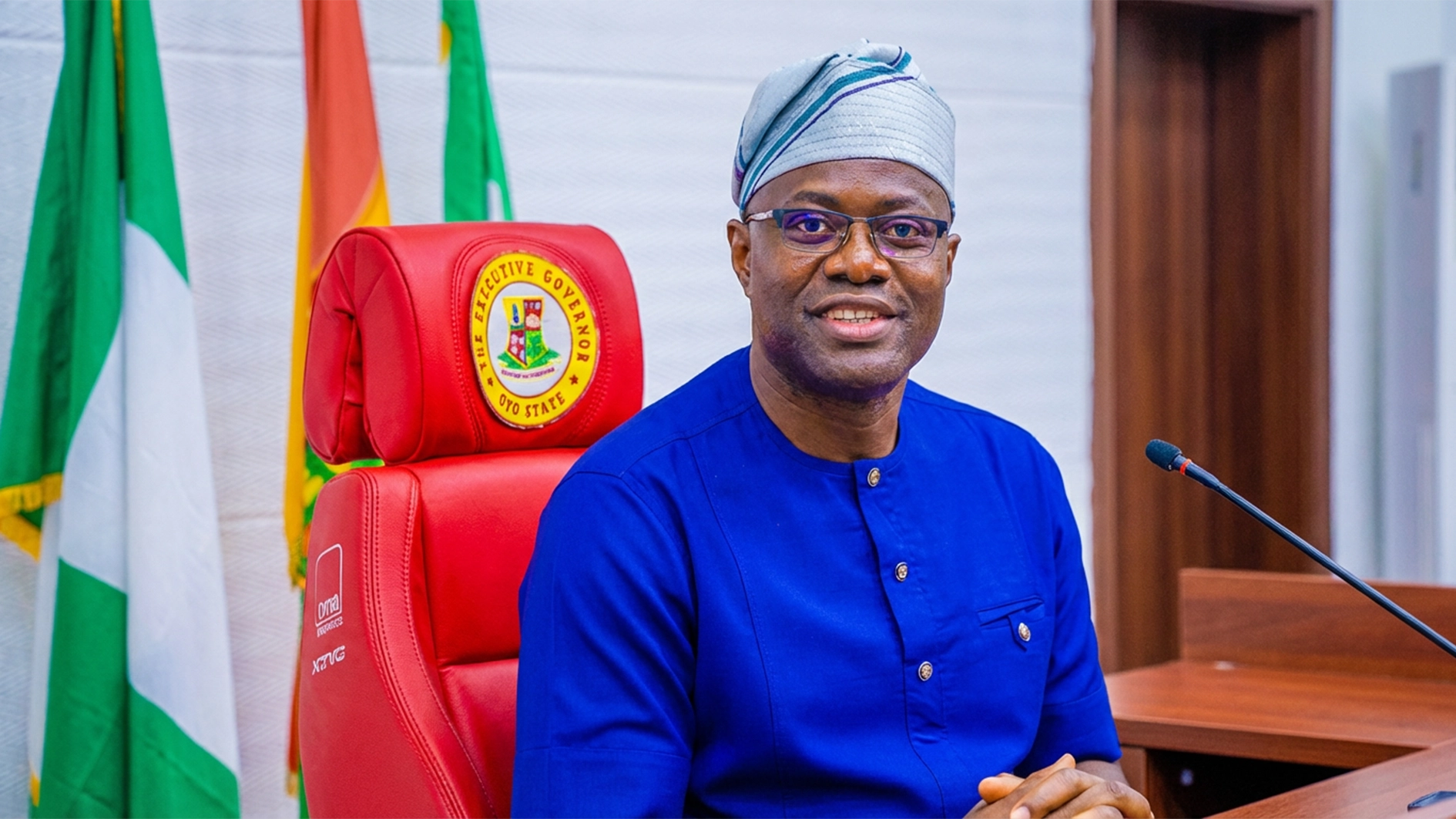Nigeria, 20 other African countries have joined 51 other nations from across the globe to sign the United Nations Convention against Cybercrime.
At the event held in Hanoi, Vietnam, earlier in the week, 72 countries in total appended their signatures.
The African countries that signed the Convention are Algeria, Angola, Burkina Faso, Côte d’Ivoire, Democratic Republic of Congo (DRC), Djibouti, Egypt, Ghana, Guinea-Bissau, Libya, Morocco, Mozambique, Namibia, Nigeria, South Africa, Togo, Uganda, Tanzania, Zimbabwe, Mali and Rwanda.
Adopted by consensus by the UN General Assembly in 2024, the Convention is the first United Nations treaty dedicated to enhancing international cooperation in the fight against cybercrime.
ConnectingAfrica, in a report, noted that the consensus established a comprehensive legal framework for criminalisation, procedural measures and cross-border collaboration, including mutual legal assistance and 24/7 contact networks to effectively address cybercrime.
United Nations Secretary-General, António Guterres, said: “I welcome the signing of the Convention against Cybercrime, a vital global treaty to protect people in the digital world and the first criminal justice treaty in more than two decades.”
He added that the signatures now need to be turned into action and emphasised that in cyberspace, no one is safe until everybody is safe.
Vietnam’s Deputy Minister of Public Security, Senior Lieutenant General Pham The Tung, said: “This was one of the most outstanding outcomes of the event. The two-day event welcomed more than 2,500 delegates from 110 national delegations, 150 international, regional and private organisations, and more than 50 research institutions.”
He added that the event also attracted more than 400 reporters from 189 domestic and foreign press agencies.
“This is the first time Vietnam has organised an international event broadcast in all languages of the United Nations,” Tung explained.
“This widespread response demonstrates the global influence of the Convention, covering all geographical areas, from 19 Asia-Pacific countries, 21 African countries, 19 European Union countries, to 12 Latin American countries,” Tung added.
According to the United Nations Office on Drugs and Crime (UNODC), the Convention aimed to make the prevention and fight against cybercrime more effective by strengthening international cooperation, technical assistance and capacity building, particularly in developing countries.
According to the United Nations, the event ranked among the largest convention signing ceremonies held in the past decade.
Vietnam’s Deputy Minister of Foreign Affairs, Nguyen Minh Vu, emphasised that the most significant outcome of the event is that Vietnam, along with other member countries, has now fulfilled the necessary conditions for the Convention’s prompt implementation.
He noted that while the Convention requires at least 40 signatures for ratification, it has already attracted 72 signatories.






